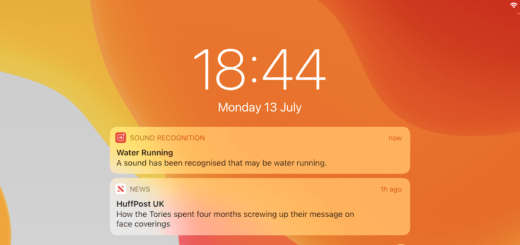EU industry chief warns Apple will be forced to open up

General view of the meeting between Apple and EU
Apple seems to be facing yet more pressure to open up its ecosystem to rivals following statements from EU industry chief, Thierry Breton.
Piling on the pressure
Breton pulled no punches in his statement, made following a meeting with Apple CEO Tim Cook.
“The next job for Apple and other Big Tech, under the DMA (Digital Markets Act) is to open up its gates to competitors,” Breton told Reuters.
“Be it the electronic wallet, browsers or app stores, consumers using an Apple iPhone should be able to benefit from competitive services by a range of providers,” he said.
The dictatorship of average
In a Tweet following his meeting with Cook, he wrote: “Only one” — making cable clutter a thing of the past. Next: opening up gates to competitors #DMA. The EU is a major market for US companies and an opportunity to innovate & diversify their supply chains.”
The EU recently adopted the DMA, which says it seeks to increase competition in the digital space.
Apple has argued that some of the proposals in the DMA will undermine the secueity and privacy of its users. I think that position is correct, unfortunately Breton remains to be convinced. He said, weirdly, that EU regulation fosters innovation and does not compromise security or privacy.
As it stands, Apple will be forced to:
- Permit sideloading of apps from stores other than the App Store.
- Open up to payments form third party services.
- May be forced to change its messaging apps.
- And may also be forbidden from shipping apps preloaded.
What happens next
Tech firms now have until May 2023 to begin to adjust their business models and may have to put changes into effect by March 6, 2024, though some requirements may not need to be implemented before that.
The terms of the act define Apple as a “gatekeeper”. Firms defined as these must do the following:
- Ensure end users can easily unsubscribe from core platform services or uninstall pre-installed core platform services.
- Stop installation of software by default alongside the operating system.
- Provide advertising performance data and ad pricing information.
- Permit use of alternative in-app payment systems.
- Permit end users to download alternative app stores.
I think this will be a disaster for ease of use and security and lead to a race to the bottom among software developers to the detriment of consumers. But then again, in the last couple of decades, what have any governments actually got right?
Please follow me on Twitter, or join me in the AppleHolic’s bar & grill and Apple Discussions groups on MeWe.




